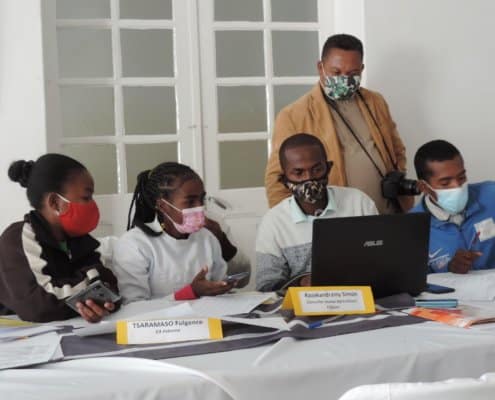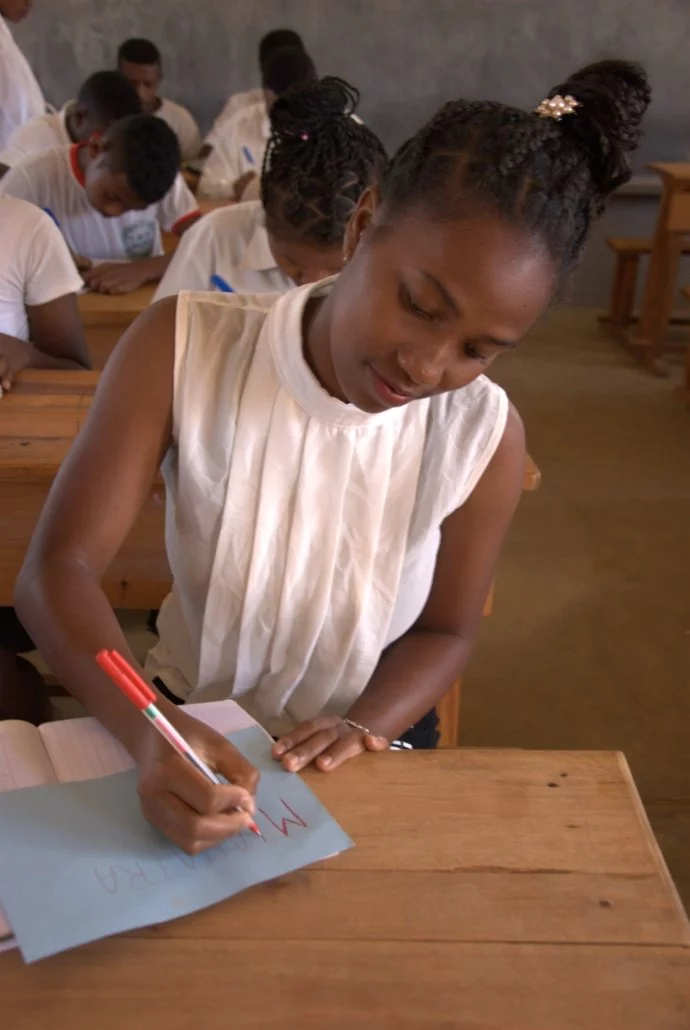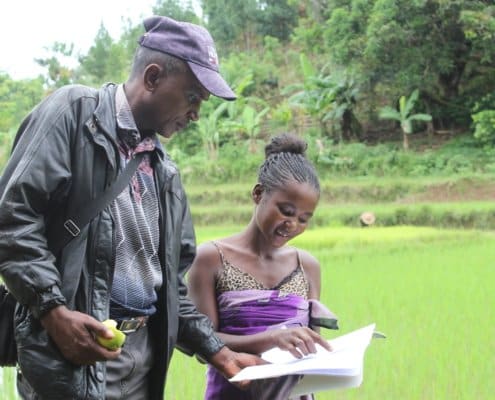On June 10 and 11, 2021, elected members and teams from agricultural colleges and the Fekama federation, accompanied by Fert, met for the restitution of a study on the well-being of students in training and the professional integration of young girls leaving agricultural colleges.
Fekama has implemented good practices in favor of equality between girls and boys. Fekama’s colleges organize a fair distribution of household chores among all students and ensure that parents are reassured about safety and hygiene in the schools.
Despite this, the dropout rate for girls during their training is higher than for boys (39% versus 31%) and they face more difficulties in finding employment after their training.
A study carried out by consultants has enabled us to examine the inequalities between girls and boys and to suggest ways of improving them. The results of this work led to rich exchanges between elected members and technical teams, leading to the development of an action plan.
Student recruitment
In order to recruit more girls, Fekama, a member of the Fifata group, will adapt its messages by involving young female graduates, technicians and leaders of the Fifata group. Through audio and video interviews, these women will be able to sensitize and reach young girls.
Life at the college
Fekama wants to increase information for all students on health issues, sex education and women’s rights. More extracurricular activities valued by the girls will also be offered to enhance their college life.
The training
The study showed the interest of adapting the training to the particular concerns of young Malagasy girls. Thus, Fekama wishes to offer workshops to prepare young girls for their professional integration and other stages of their lives (marriage, maternity). During the internships, the tutors or the wives of the tutors will be sensitized to accompany the young girls on the psychological level.
Finally, Fekama wants to think about technical innovations to make it easier for the girls to use equipment or to do certain heavy work.
Post-training support
Post-education remains an important aspect of the differences between boys and girls. The latter encounter difficulties to settle down and are constrained by their domestic role.
Fekama wishes to sensitize the local authorities in order to facilitate the access of young girls to land. Parents must also be made aware of women’s rights and land rights in order to better accompany their children in their settlement project.
This awareness-raising work cannot be done without the involvement of the leaders of the Fifata group. A stronger involvement of the latter to accompany the outgoing young people and to sensitize parents and spouses will therefore be promoted.





